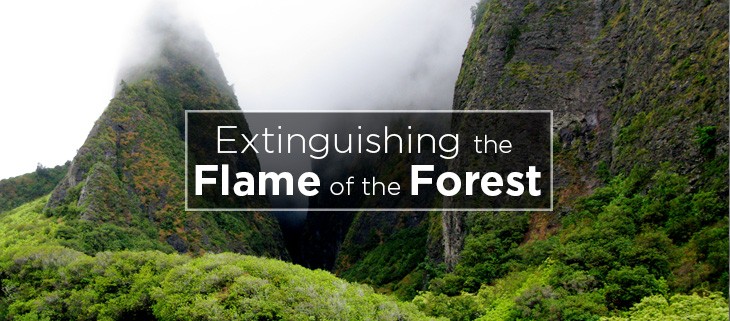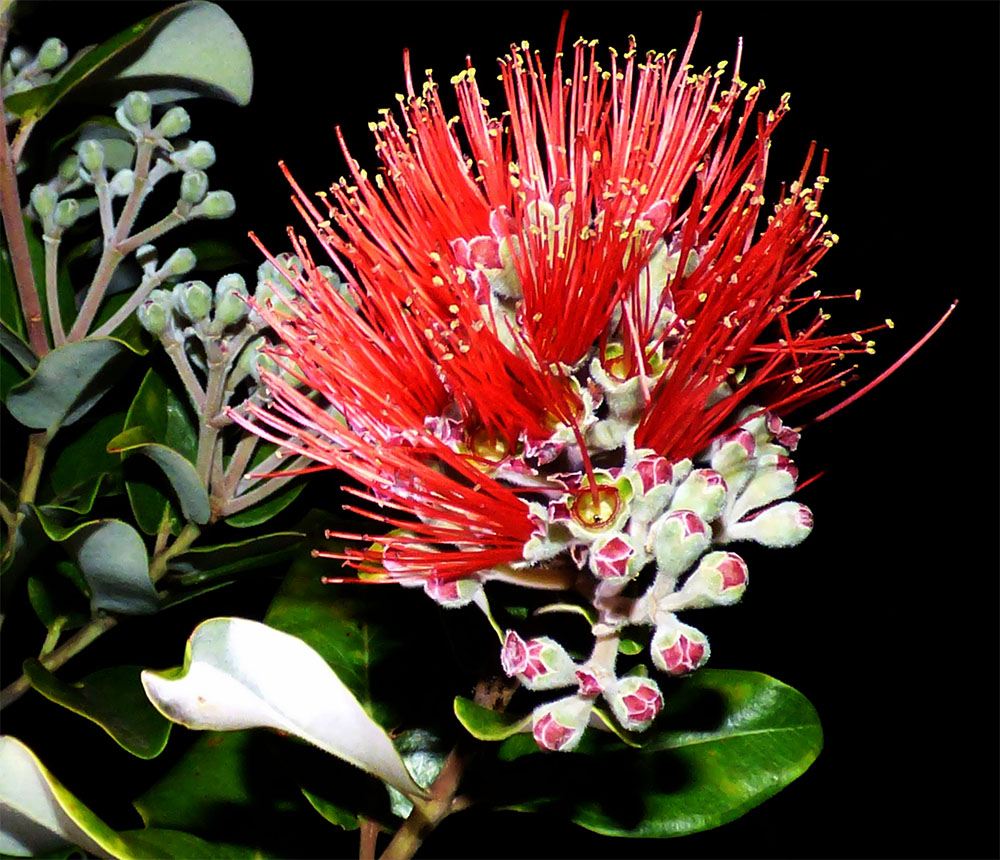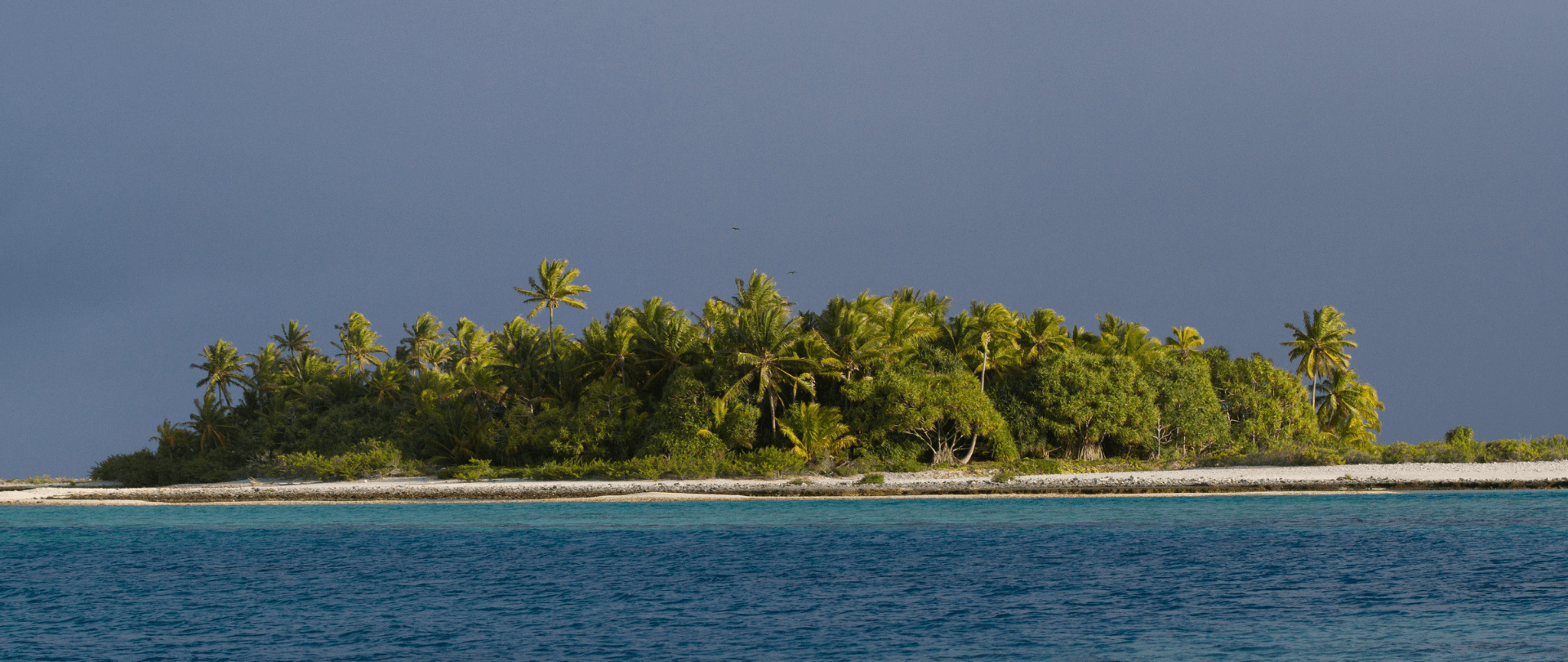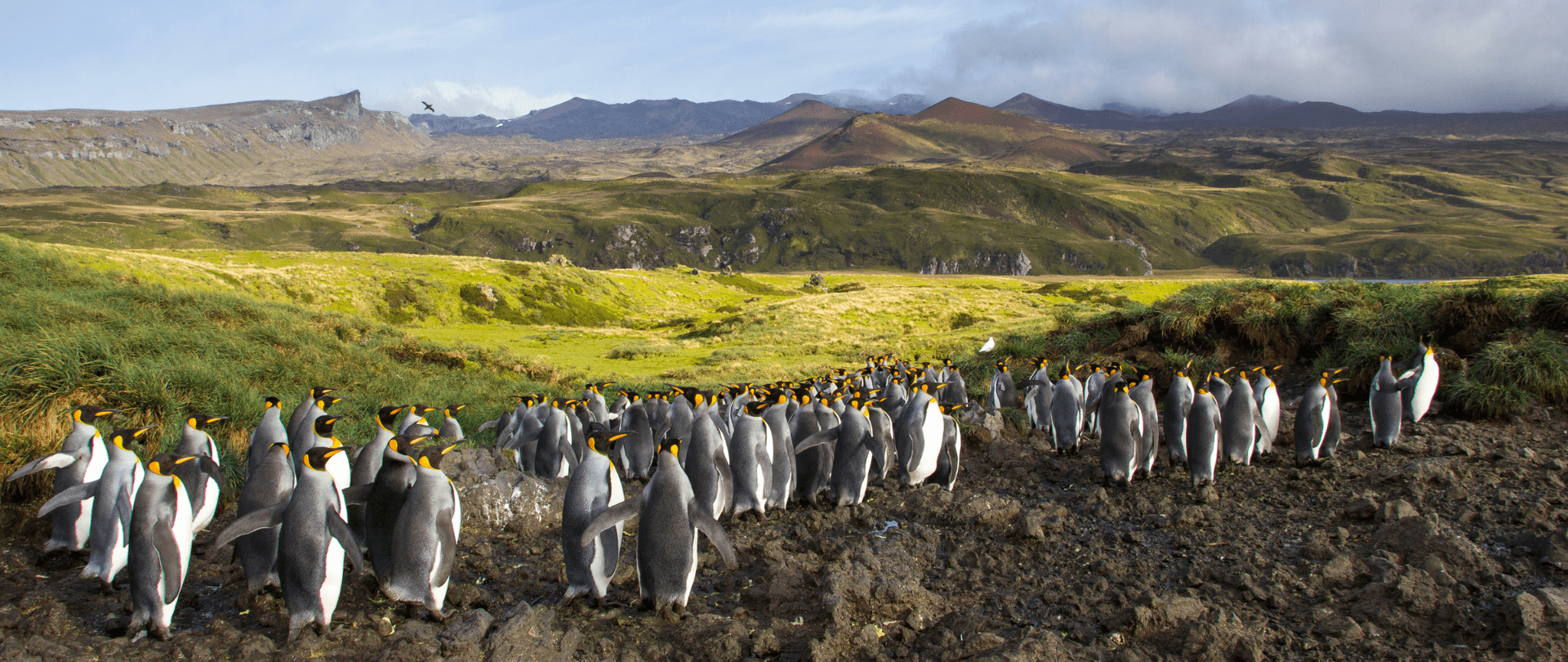The Ebiil Society: Champions of Palau
Ann Singeo, founder of our partner organization the Ebiil Society, shares her vision for a thriving Palau and a flourishing world of indigenous science!
Our new online shop is live!
Published on
May 26, 2017
Written by
Emily Heber
Photo credit
Emily Heber

Think before you plant. That is the lesson that generations of Hawaiians have learned from the invasive African Tulip Tree (Spathodea campanulata). The species was originally introduced to the islands in the 1800’s by a botanist. At the time, people were not aware of the impact non-native species can have on island ecosystems.
Now, the bright orange flowers of the tree can be seen throughout Maui. This “flame of the forest” is scorching the native landscape. The African Tulip Tree grows rapidly and has been shown to outcompete native vegetation in Hawai’i’s forests including valued native species such as ʻŌhiʻa trees, Opala, and Maile (Alyxia oliviformis). Research in Puerto Rico has shown that the species can grow up to two inches in diameter every year and outcompete native species.

Not only do the rapidly growing trees block out sunlight for native forest species, but also the invasive saplings are also shade-tolerant and can grow with limited sunlight, making it easy to invade mature forests. Along the windward slopes of East Maui, an intact forest was overrun by the African Tulip Tree even with limited light available for the seedlings.
Amidst all of this remains one glimmer of hope. The African Tulip Tree cannot tolerate high elevation and is limited to approximately 3,200 feet. The lowland forests of Maui are already highly invaded by plants that were introduced to the island, but non-native plants including the African Tulip Tree have a difficult time adapting to the high-elevation forests where native species reign supreme.
Conservationists are determined to reduce the impact of the invasive African Tulip Tree. Lance DaSilva with the Department of Land and Natural Resources Division of Forestry and Wildlife commented:
It’s my professional and personal goal to shrink the African tulip tree population of Koolau Forest Reserve.
At this point, DaSilva and his team have removed almost 700 African Tulip Trees and they are showing no signs of giving up. In order to conserve the native forests, people are encouraged to stop planting African Tulip Trees and to remove them if they have one. Those making landscaping and gardening plans should note the damaging impact of the African Tulip Tree and other invasive plants and heed the words: “Think before you plant.”
Featured photo: Forest of Maui. Credit: Olga Caprotti
Source: Maui News
Check out other journal entries we think you might be interested in.

Ann Singeo, founder of our partner organization the Ebiil Society, shares her vision for a thriving Palau and a flourishing world of indigenous science!

This historic agreement aims to protect the marine and coastal areas of the Southeast Pacific.

Our projects to restore key islets in Nukufetau Atoll forecast climate resilience and community benefits in Tuvalu!

Island Conservation and partners have published a new paper quantifying ecosystem resilience on restored islands!

Climate Week NYC: what is it and why is it important? Read on to find out why Island Conservation is attending this amazing event!

With sea levels on the rise, how are the coastlines of islands transforming? Read on to find out how dynamic islands really are!

Join us in celebrating the most amazing sights from around the world by checking out these fantastic conservation photos!

Rare will support the effort to restore island-ocean ecosystems by engaging the Coastal 500 network of local leaders in safeguarding biodiversity (Arlington, VA, USA) Today, international conservation organization Rare announced it has joined the Island-Ocean Connection Challenge (IOCC), a global effort to…

Island Conservation accepts cryptocurrency donations. Make an impact using your digital wallet today!

For Immediate Release Conservation powerhouse BirdLife South Africa has joined the Island-Ocean Connection Challenge (IOCC) – a global initiative aiming to restore, rewild and protect islands, oceans and communities – to support its work to save internationally significant albatross populations…